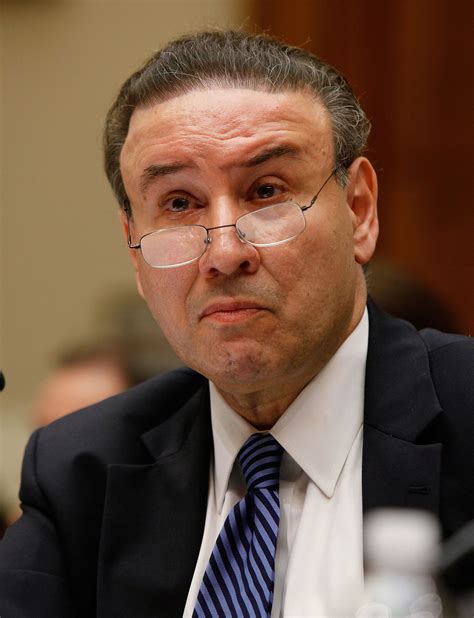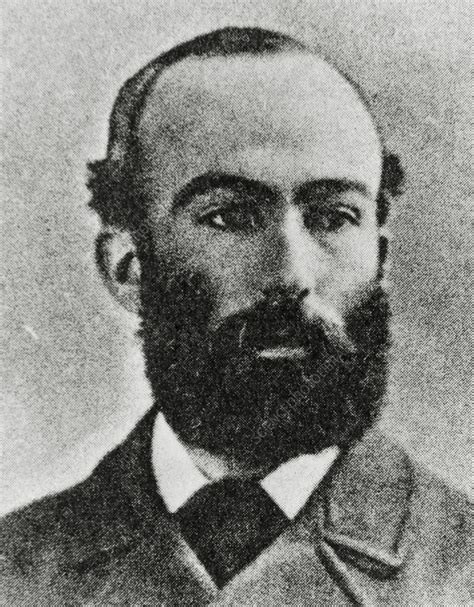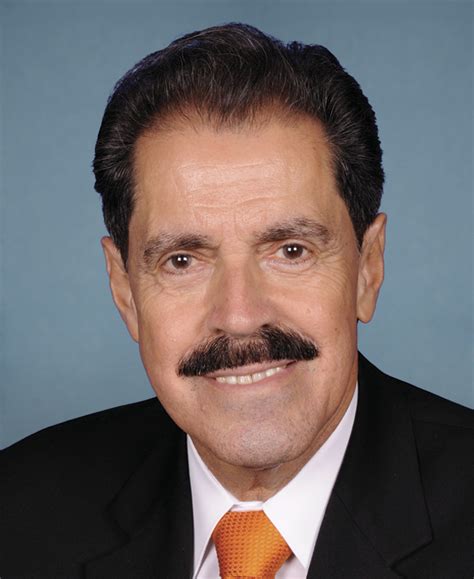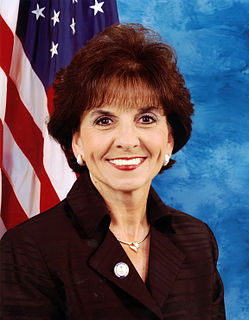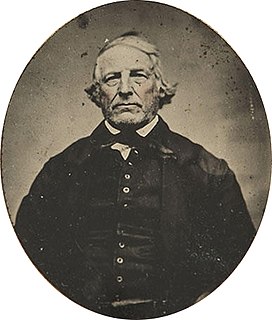A Quote by Dick Durbin
We see it in attempts on Capitol Hill to impose gag rules on rules on doctors on what they can say to their patients about family planning. And we certainly see it now with an effort by the government to tap our phones; invade our medical records, credit information, library records and the most sensitive personal information in the name of national security.
Quote Topics
About
About Family
Attempts
Capitol
Capitol Hill
Certainly
Credit
Doctors
Effort
Family
Family Planning
Gag
Government
Hill
Impose
Information
Invade
Library
Medical
Medical Records
Most
Name
National
National Security
Now
Our
Patients
Personal
Personal Information
Phones
Planning
Records
Rules
Say
Security
See
Sensitive
Sensitive Person
Tap
Related Quotes
Law-abiding Americans deserve to know that their government will not secretly tap their phones, read their medical records, access their library accounts or otherwise invade their personal lives, with no oversight or accountability. Law-abiding Americans also deserve to know that when law enforcement can show an impartial judge clear evidence of criminal activity or a threat to national security, swift and decisive action will be taken to protect the public. That is the balance we must achieve.
The main thing is that people see constant reports of break-ins on, on record systems and stolen financial data and social security records and so they'd think about you know what's going to prevent that happening with my medical records. And interestingly enough, patients are less worried about that than their doctors are.
It's crazy to me that in this world of electronic medical records Walmart has so much information about how we shop, but no one has that information about our health. Why can't my doctor say, 'Wow, Anne, based on your lifestyle and behavior, you're five years from being diabetic.' But I can go to Target, and they know exactly what I'm going to buy.
In the case of health information, I spent twenty-five years practicing medicine, and I was all too familiar with the fact that information wasn't properly shared, so I wouldn't know exactly what was in the hospital records; patients would be lost. Computerization gives the opportunity to actually get the information much better.
On the information technology side, health care is still behind other industries. There needs to be a real push to create better electronic health records, more inter-operability amongst various types of electronic systems and cybersecurity is becoming a huge deal in in health care. Health care records are highly sought after by virtue of the fact that not only do you have somebody's person financial information, you also have their person medical information.
I would like to see transparency become the default for the American government: Abolish the Freedom of Information Act so we don't have to ask government for information but government must ask to keep information from us. The more transparent government is, the more collaborative it can become. The more our officials learn to trust us - with information and a role in government - the more we can trust them.
Accountability is the essence of democracy. If people do not know what their government is doing, they cannot be truly self-governing. The national security state assumes the government secrets are too important to be shared, that only those in the know can see classified information, that only the president has all the facts, that we must simply trust that our rulers of acting in our interest.
The normal way of gathering information is through sound: when you hear information that you want to gather, you look in its direction, you see what it is, if you choose you can get closer, you can see it, you can touch, and then, finally, the most committed form of data gathering is to taste it and eat it. But for the urbanite, we're cut off from our primary sense, and I want to stress that - our primary sense of gathering information about the place that we're living in - and instead, we're in a war zone.
Whether it's by helping us search for health-related information, connecting us with doctors through online portals, or enabling us to store and retrieve our medical records online, the Internet is starting to show the promise it has to transform the way people interact with and improve their own health and wellness.

